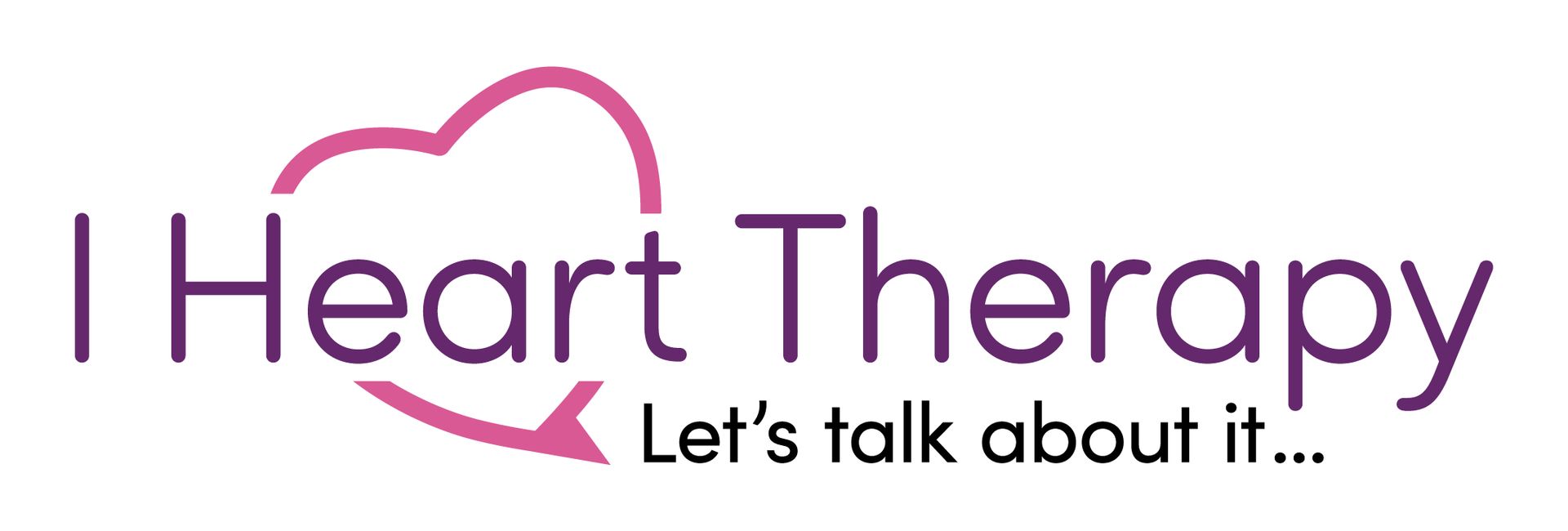Our Office
FAQ
Hi there! Have some questions about our company? Find the answers below.
-
What is therapy?
Therapy is a place to feel heard in a safe environment without judgement. It is a tool to help you understand your feelings, thoughts and behaviors as they relate to yourself and those around you. Therapy offers you a unique opportunity to view yourself more clearly and set goals for a more fulfilling life. At I Heart Therapy, we believe in the therapeutic relationship of trust, compassion and connection is top priority.
-
Where is your office located?
Our office is located in Woodland Hills, CA. This office can be used for in-person individual therapy visits as well as group therapy sessions. We also use a secure Video Therapy platform for remote sessions.
-
How long are sessions
Sessions are 50 minutes long and depending on your issues and goals, treatment can last for several sessions, weeks, months or years. After discharge, many clients return for a "tune up" with their therapist to address specific needs, or require a new treatment episode for new problems that arise.
-
Do you take insurance?
We are currently in network with Kaiser Southern California, Aetna, Anthem Blue Cross, Cigna, United, Oxford, and Oscar health. We also accept private pay via Visa, MasterCard.
-
Do you have evening appointments available?
Yes! With the convenience of Telehealth Therapy, We are able to offer more sessions in the evening. Many clients find that Telehealth Therapy also provides an opportunity to schedule a session during their lunch hour, between work meetings or other convenient opportunities.
-
What types of therapy do you offer?
We offer Individual therapy and specialize in treating anxiety, depression, relationship conflicts, as well as self esteem, and confidence building.
We also offer Group therapy specific to Women's issues and Grief.
-
Do you work with couples?
Not at this time, however, our goal is to expand and eventually hire therapists that provide care for couples and families.
-
How do I get started?
Click on the tab 'Book a consultation' anywhere on the website and schedule a free 15 minute consultation with the therapist of your choice.
-
How do I pay for sessions or copays and how much does it cost?
Each session is 50 minutes long and the cost is $125 for self paying clients. We use a secure Electronic Health Records platform that will confidentially store your credit card information. Your credit card will be billed at the start of your session. For clients using insurance we are in-network with, our billing department will submit claims to your insurance directly, there is no out of pocket cost unless there is a deductible fee.
-
How do I become a Clinican to work on your team?
Click on the 'About' dropdown tab and go to 'Careers' and you will directed to submit an application through Indeed. We are always looking for strong Licensed Clinicians to join our team!


